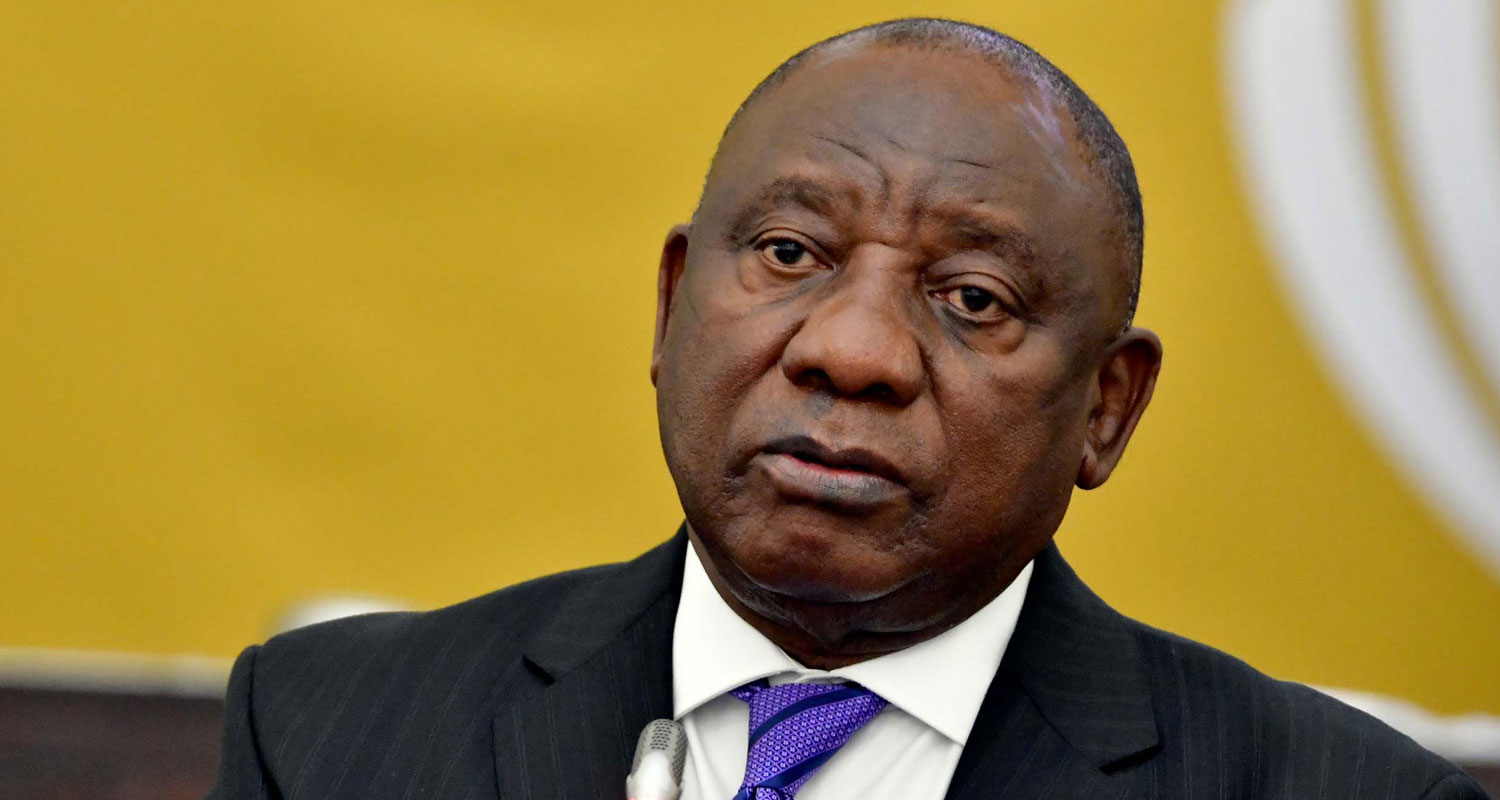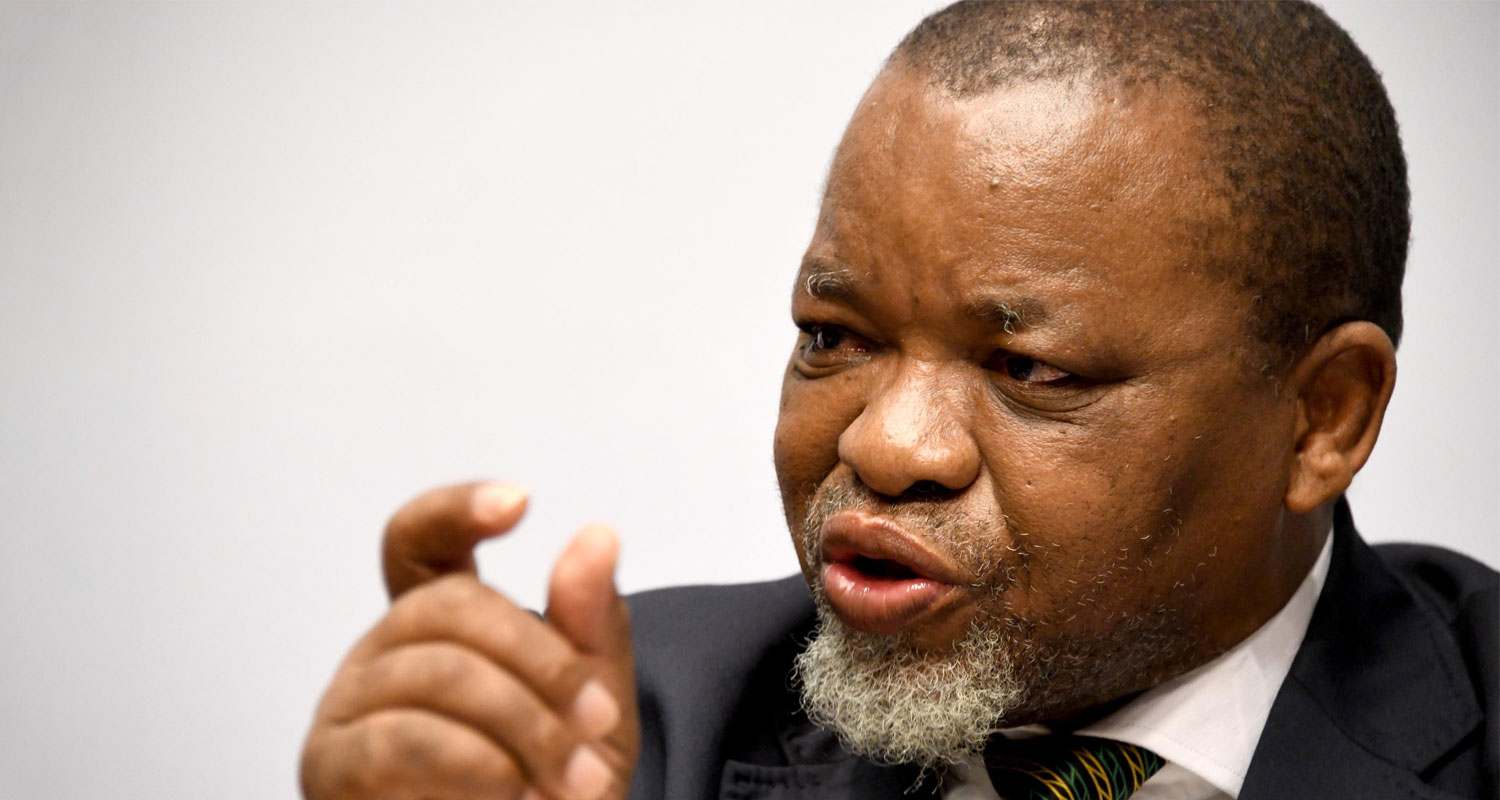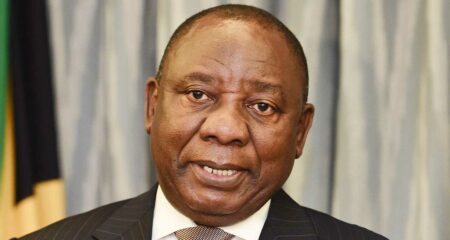
President Cyril Ramaphosa emerged from a ruling party electoral conference with a stronger mandate, yet still has to overcome a series of political hurdles to tackle a daunting economic to-do list.
The country is gripped by an energy crisis that’s idling businesses for six or more hours a day, the crumbling freight-rail system prevents key exports from getting to ports and municipalities struggle to provide basic services. The malaise has undermined support for the ANC to such an extent that it risks losing its majority in 2024 elections and being forced into a coalition that could be a further brake on government decisiveness.
With Ramaphosa now beholden to cabinet ministers who’ve backed him but struggled to do their day jobs, analysts and business leaders are sceptical he’ll break with his cautious style and take the bold action the economy needs or cut the dead wood from his cabinet.
Continuing divisions in the ANC do “not bode well for ongoing economic reform and policy certainty”, said Cas Coovadia, CEO of Business Unity South Africa, the country’s biggest business organisation. “The president needs to put national interest above the ongoing factional battles in the ANC.”
While Ramaphosa, who took control of the party in 2017 by a slender margin, garnered almost 60% of the vote this time around, a late surge in support for his rival, former health minister Zweli Mkhize, laid bare the extent of ongoing internal opposition to his rule.
The president’s opening address to the conference in Johannesburg was repeatedly interrupted by delegates from KwaZulu-Natal, home to his predecessor and political nemesis Jacob Zuma. They demanded his resignation over a scandal surrounding the theft of foreign currency from his Phala Phala game farm in Limpopo in 2020.
And while his allies secured four of the other top six party posts, they lost out in the race for the number-2 job, which went to Paul Mashatile, the ANC’s outgoing treasurer-general.
Actively frustrated
Gwede Mantashe, who was re-elected as ANC chairman, played a key role in shoring up support for Ramaphosa, but as energy minister he has actively frustrated the president’s attempts to transition the economy to green energy.
“The return of Mantashe is not a positive for evidence- and reality-based energy policymaking and all eyes will be on a reshuffle now expected in the first quarter,” said Peter Attard Montalto, head of capital markets research at Intellidex. “The lack of capacity in government and distractions from Phala Phala all mean that scope to do anything with this in the year ahead remains very narrow.”
Still, given the alternative, South Africa’s currency and government bonds surged on news of Ramaphosa’s re-election, although it’s unclear how long the uptick in investor confidence will last.
Business leaders complain of policy uncertainty and say there is “a sense that you never know that the decisions made by the government today will be the same tomorrow”, said Sithembile Mbete, a political science lecturer at the University of Pretoria. “That makes the decision to invest in South Africa’s economy very difficult.”
Even Ramaphosa’s drive to break with Zuma’s scandal-ridden era has now been complicated by his own legal travails, with the police, central bank and tax agency still investigating whether his handling of the farm robbery violated any laws. A government-appointed judicial commission has also recommended that Mantashe and Nomvula Mokonyane — the ANC’s first deputy secretary-general — be investigated for allegedly bribes from companies that won state contracts.

“Gwede Mantashe will support him but his support will be contingent on him not being charged,” said Ebrahim Fakir, director of programmes at the Auwal Socio Economic Research Institute. Ramaphosa “is going to sit with that mess, he can’t be decisive in the ANC”, he said.
Ramaphosa does have some room to manoeuvre. Cooperative governance minister Nkosazana Dlamini-Zuma and tourism minister Lindiwe Sisulu could lose their jobs after calling for him to resign. And transport minister Fikile Mbalula, who has overseen the collapse of the country’s passenger rail service, will have to step down as he has been elected as ANC treasurer-general, a full-time position, while some other ministers may move on.
Vincent Magwenya, Ramaphosa’s spokesman, said his boss’s victory means there will be “more impetus” on the implementation and acceleration of economic reforms.
But the stilted progress Ramaphosa has made in increasing electricity-generation capacity, bettering the performance of malfunctioning municipalities and improving the health and education system since he took office in early 2018 has undermined confidence that he can still turn things around.
“His trend of prevarication and paralysis in the first term” will continue, Fakir said. “We are going to lurch from issue to issue.” — Reported with assistance from Colleen Goko and S’thembile Cele, (c) 2022 Bloomberg LP




